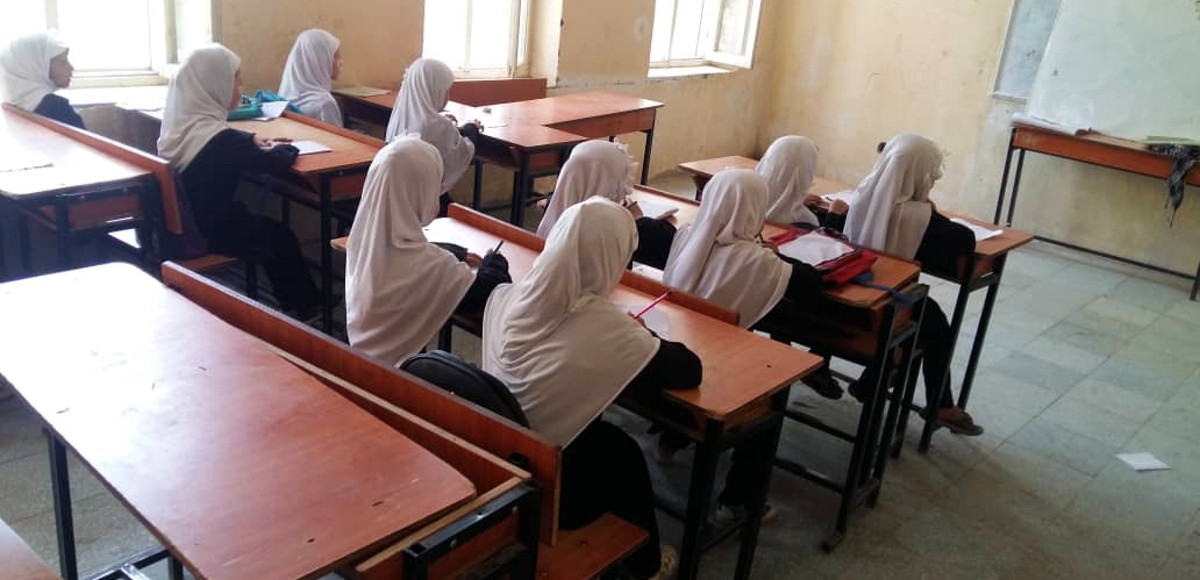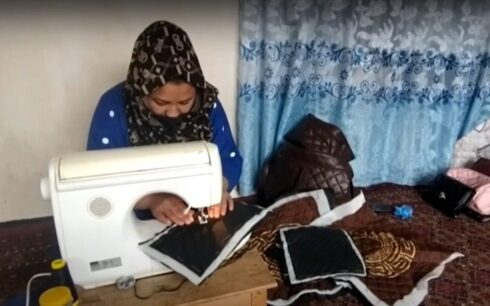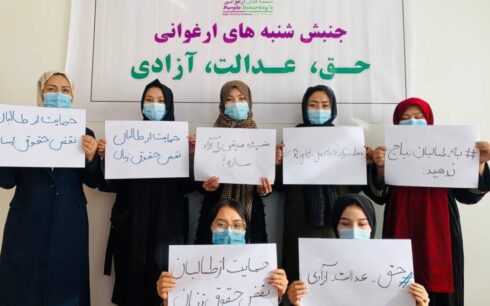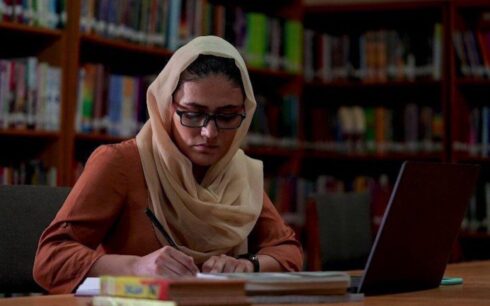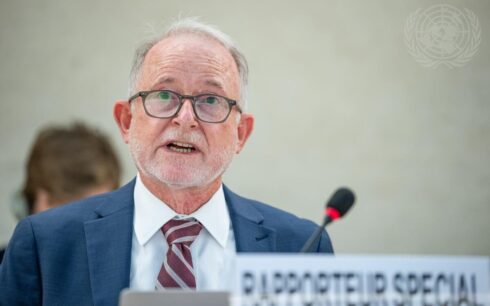While secondary schools in the country have been closed for nearly a year, a group of religious clerics in Herat said on Monday that there is no barrier in Islam to reopening the schools for the segment of society that will play an active role in Afghanistan’s future.
Mawlawi Sebghatullah Mawlawizada, a cleric in Herat, said at a gathering attended by Taliban deputy leader Abdul Ghani Baradar that no one has the right to prevent women and girls from obtaining an education and that the Taliban should open girls’ schools so that they can continue their education.
“Those who want to argue about girls’ schools should come and discuss it with Herat’s religious scholars,” he added.
“The closure of girls’ schools has no religious justification,” another cleric, Abdul Qadir Qanit, said, who is also a member of the Kabul religious scholars council. “This is a political issue that has been imposed on the people by Afghanistan’s neighbours and the Taliban.”
Taliban authorities have been staunchly opposed to the reopening of girls’ schools. On the condition of anonymity, a Taliban member told Amu that he discussed the reopening of girls’ schools with his colleagues but was met with harsh opposition and even “threatened to death.”
The European countries, the US, countries in the region and the United Nations have often raised their voices against the decision by the Taliban, but no progress has been made so far as there is a rift among the Taliban leadership on whether to open the secondary schools or keep them closed.
Meanwhile, the Taliban education minister on a trip to Uruzgan this weekend said many Afghans are opposed to sending their young daughters to schools due to the existing culture and traditions in society.
“If you go out and ask the elderly in villages, you will know how many percent of the elderly and how many percent of the population are ready to send their six or seven-year-old children to school. There is no need to ask this question (from me),” Munir told reporters after visiting a boys’ school in Uruzgan.
“We are living in Afghanistan’s society and our culture is evident to you. This culture is something that has not been considered by many governments,” he added.
Strong reactions from Afghans
Afghans have been outraged by the closure of girls’ schools in Afghanistan over the last year, claiming that girls must have access to secondary education.
“The closure of girls’ schools is really concerning because the future of girls is at risk,” said Abdul Qayum, a Herat resident. “The Taliban should take a fundamental step and immediately remove the ban on girls’ education.”
“The ban on girls’ education has no justification and the decision has been made without any reason,” said Khair Mohammad, a Kabul resident.
Five girls’ schools were reopened in Paktia province in eastern Afghanistan in August, but they were closed once again on Saturday, Sept. 10, sparking widespread reactions across the country.
Former president Hamid Karzai once again asked the Taliban on Monday to respect the people’s call and reopen the schools for girls.
The Taliban has vowed to announce a mechanism for the reopening of secondary schools for girls, but the group has not made any progress in this regard so far.

